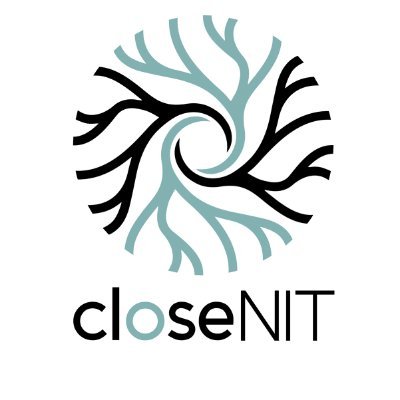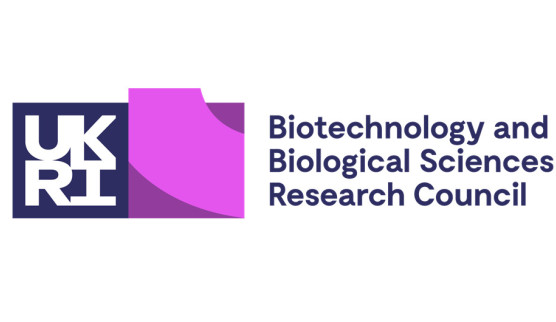News & Events
NNN seminar “Molecular Mechanisms of Long-Term Memory Storage” by Prof Ted Abel

Our partner, Prof Ted Abel from the University of Iowa is visiting Newcastle and will be giving a seminar on the 21st of February, 2024, titled “Molecular Mechanisms of Long-Term Memory Storage”.
When: 12:00, Wednesday 21th February 2024
Where: In-person presentation at Colin Ingram Seminar Room (HWB 218)
Bio: Edwin G. (Ted) Abel, Ph.D. is the founding director of the Iowa Neuroscience Institute, an interdisciplinary center at the University of Iowa focused on the causes, treatments, and prevention of diseases that affect the brain and nervous system. He serves as Chair of the Department of Neuroscience and Pharmacology in the Carver College of Medicine. Dr. Abel is recognized as a pioneer in defining the molecular mechanisms of long-term memory storage, and identifying how these processes go awry in neurodevelopmental and psychiatric disorders. He is a member of the National Academy of Medicine and a Fellow of the American Association for the Advancement of Science.
Abstract: Research in the Abel lab at the University of Iowa focuses on the molecular mechanisms underlying the persistence of memory. New experiences are initially encoded as labile short-term memories, which are converted into stable long-term memory by gene transcription-dependent processes during memory consolidation. In the hours after learning, the induction of gene expression follows a specific pattern that involves transient waves of transcriptional activity, which are needed for memory consolidation. This transcriptional regulation is meditated by epigenomic mechanisms such as histone acetylation. These epigenetic modifications are critical for the long-lasting regulation of gene expression during development and may be a major mechanism of information storage in the brain. Changes in these epigenetic modifications contribute to impairments in synaptic plasticity and cognitive function associated with many neurodevelopmental and neuropsychiatric disorders. Histone acetylation in an important epigenetic mark, and we have shown that the metabolic enzyme acetyl-CoA synthetase 2 (ACSS2) directly regulates histone acetylation important for long-term spatial memory. ACSS2 is present in the nucleus where it generates acetyl co-A 'on-site' at chromatin for histone acetylation and the transcription of key neuronal genes. A critical question has been to identify the genes targeted by these epigenetic regulatory processes. The NR4A "orphan" nuclear receptors are important targets of epigenetic mechanisms mediating memory storage, and they act as molecular switches for long-term memory storage. In our recent work, we have shown we have found that NR4A proteins regulate the transcription of genes encoding chaperones that localize to the endoplasmic reticulum (ER). These chaperones function to traffic plasticity-related proteins to the cell surface during long lasting forms of synaptic plasticity and memory. Our understanding of the transcriptional cascades that mediate the consolidation and storage of long- term memory may ultimately lead to the development of new treatments for the debilitating cognitive deficits associated with neuropsychiatric, neurodevelopmental, and neurodegenerative disorders.
Last modified: Fri, 23 Feb 2024 11:50:53 GMT






